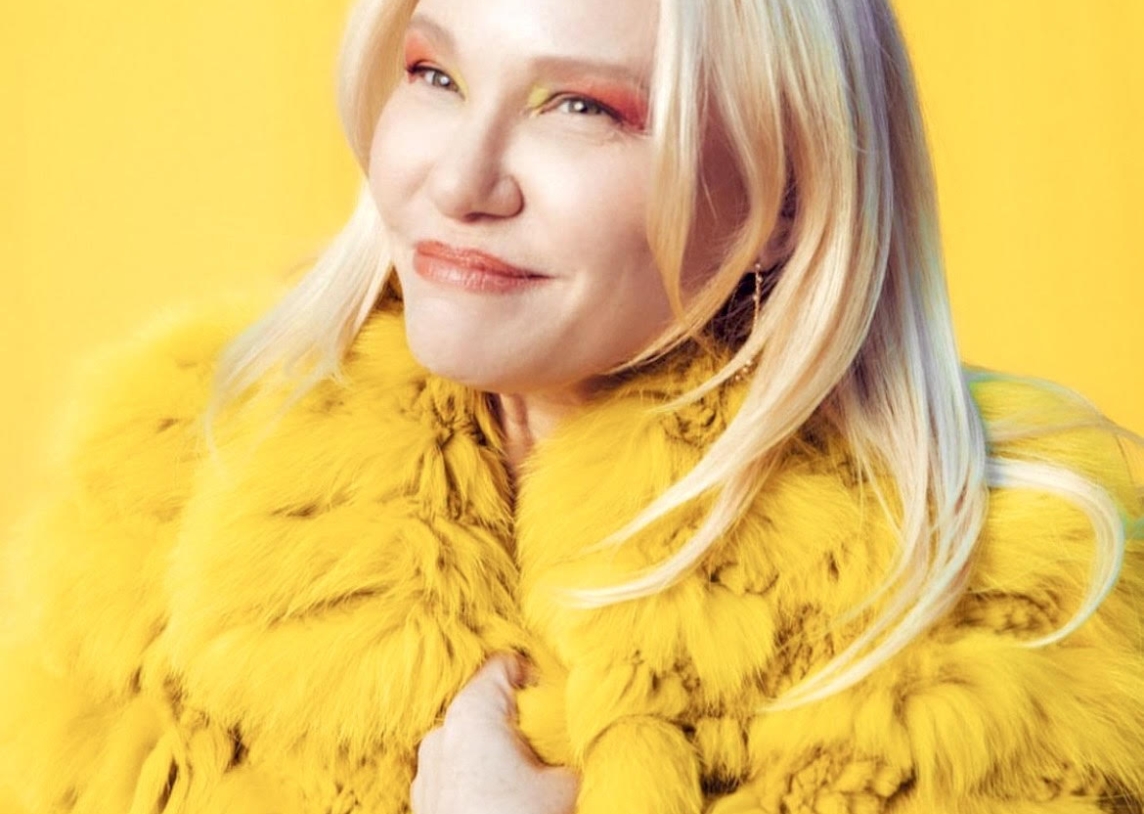News
Merrill Means Well
Merrill Means Well
TheSpace Triplex
5 – 27 (not 14, 21), various times
by Gareth K Vile
Merrill gets diagnosed with ADHD as an adult and tries to make sense of her life and chaotic childhood. We follow the maze through Merrill’s brain as she utilizes storytelling, physical comedy and puppetry to tell her story.
Without wanting to ruin any potential surprises, what role does puppetry play within the show?
Puppetry within the show is more or less a section of the show where I introduce my mental health medications...my 'friends' if you will. This is sort of a spoiler alert but also maybe gives you an idea of the style of the show and perhaps, because it's relatable, an enticing aspect?
You have been described as a mental health activist: what drives you to explore these issues, and how far do you feel that performance is a good place for activism of this sort?
I definitely feel that I am a mental health activist but at the moment more in the education sense. So maybe more of an advocate? However, I do plan to do more. Part of that 'more' is this show.
I think what drives me is my personal experience with my recent ADHD, mood disorder, anxiety/depression diagnoses, the years of confusion around ability to function, and the clarity the diagnoses gave me.
I know I am not (by far) the only person struggling with these illnesses/disorders and that is why performance is a great way for people to relate, learn, laugh, cry, and realize, "wow, I am not alone or dumb!" or "maybe THIS is why I feel this way, I should look into it.” Ultimately, it's very important to me that people feel better and are thriving.
Do the puppets, and your use of them, speak to the subject of ADHD? I am wondering whether they allow certain things to happen on stage, or whether they embody any particular aspect of your storytelling...
Yes, so, as I mentioned, the puppets represent the mental health medications I take. I feel they add a lot to the performance because meds generally don't feel fuzzy, comfy or cute. These guys are! They help tell part of the story-of my story getting diagnosed and how they've become such a big part and necessary part of my life. It's funny and fits in well with the rest of the show.
We all know there's a stigma around taking medication. Humanizing the meds helps people learn more about them and hopefully realize that it's ok to need support. We can't see (unless we look at an x-ray) our brain's lack of dopamine or other brain deficiencies. We CAN see a broken leg so we say, "Oh man, you need to take care of that and get a cast." But sometimes our brains need casts too. Meds can help you function better day to day. It's been a game changer for me. It's obviously not a one size fits all but I've had audience members tell me that they feel better taking their medication now. That they don't have to feel like "something is wrong with them." And I do address that because I also felt that way.
Does ADHD influence the dramaturgy of your comedy? That is, do you think it has any qualities that are expressed in the way that you explore the material, or have developed your performance persona?
Absolutely! ADHD has a huge influence. A lot of my material right now is about mental health, ADHD, Anxiety, etc. I am fascinated by people who don't think ADHD is real or all the misconceptions that come with it so it's easy to make fun of or write jokes about because of my new point of view.
ADHD definitely has a huge impact on my stage persona. It is challenging to be consistent. I can hyper focus on my set and just deliver joke after joke without many asides or comments. But then most of the time, like what happened at my show last night, I struggle with staying in the moment so I end up taking the audience on a roller coaster ride.
It was very successful last night because ironically, when I was telling my ADHD jokes, I found myself scattered and unfocused. It wasn't planned but the audience went with it. I do believe that if I lean more into that, especially because it's just what happens, my comedy will get stronger.
What responses are you hoping to get from audiences in Edinburgh?
First of all, I hope I get butts in seats! Then I hope they laugh a lot, have fun, learn, enjoy, and most of all realize that we are all flawed humans so maybe we can be more understanding and supportive of those who struggle with their mental health.
If the audiences walk out feeling inspired, emotional, transformed in some way...that would be the most I could ask for. And a TV deal, but you know, just trying to focus and be in the moment!

